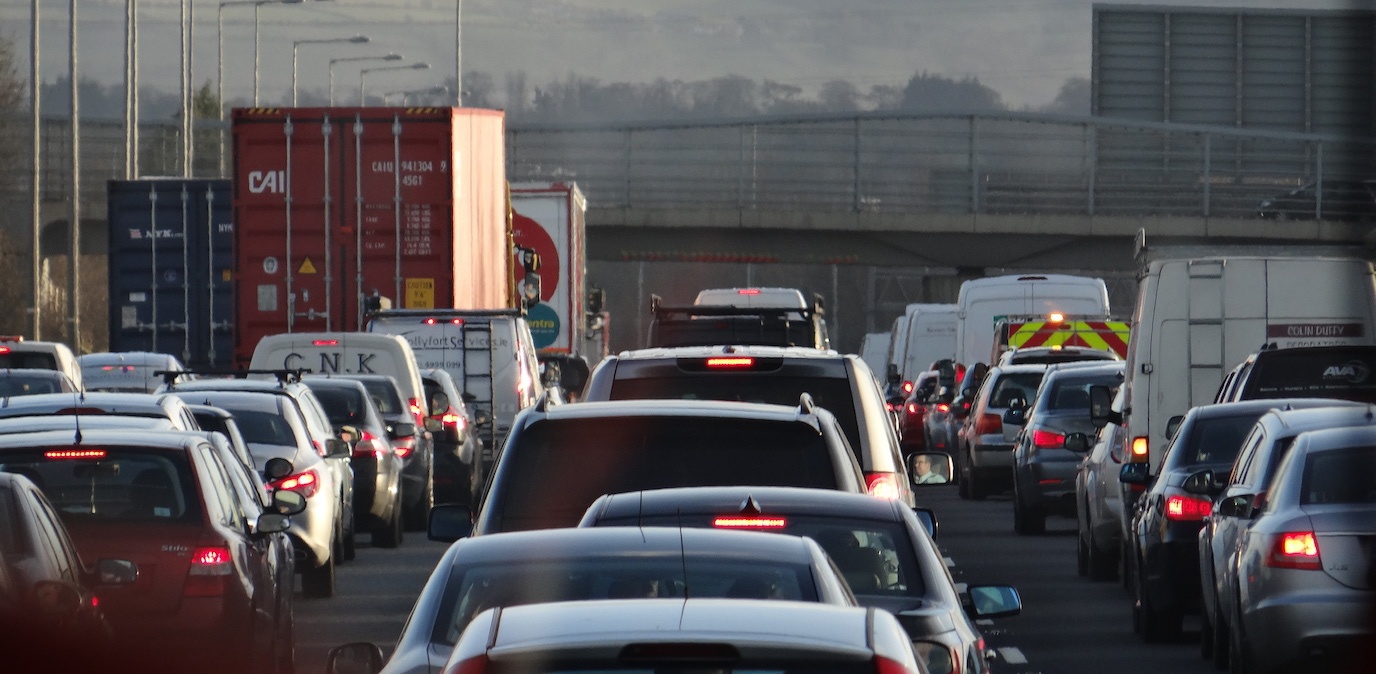This week's top three: Ola agreement with Brighton & Hove opens new front in battle of the apps, Paris scooter companies sign Code of Conduct, and law suit against Madrid's new taxi laws.
1. Ola to restrict cross border hiring in bid to get a local licence
Indian ride hailing firm Ola has applied for an operating licence in the city of Brighton and Hove, on the south coast of England. As part of the application process Ola signed a memorandum of understanding with the city council which states that Ola will only allow drivers who are not licensed in Brighton and Hove to collect two fares in 24 hours inside the city's jurisdiction. Brighton was the first UK city to withdraw a private hire operator licence from Uber; a decision which was subsequently overturned on appeal. The issue of "cross border" private hire drivers is a vexed one in UK politics, as a driver with a private hire licence from any local authority can operate in the area of any other local authority - see our
special report for more details. Ola's agreement with Brighton and Hove is therefore potentially a significant new development in fractious relationship between local authorities and ride hailing apps. It is also an interesting new development in the competition between the ride hailing apps in the UK market. Ola's
licence application is currently under consideration by the Council's Licensing Board.
2. Paris e-scooter companies sign Code of Conduct
11 electric scooter operators in Paris have signed a code of conduct which outlines obligations for providing electric scooter services in the city. Operators will pay a fee which is calculated based on the size of their fleet. Users will be obliged to leave scooters in designated parking areas and companies are expected to make users aware of this, and other, obligations. The City Council has also launched an app which will allow residents to report violations to the police.
2. Lawsuit brought against new Madrid taxi laws
The Professional Taxi Federation of Madrid has launched proceedings against new rules governing taxis in the Autonomous Region of Madrid. The Federation's President, Julio Sanz, said that the regulations "favour large companies over the self-employed" and that they will "dismantle the public sector in the long-term." In April the Autonomous Community changed rules around the taxi trade to allow taxi drivers to agree fixed prices with consumers prior to trips taking place, and to allow shared journeys with individual payments. The Autonomous Community's Government argued that the new rules would increase the competitiveness of the taxi trade with respect to ride hailing.
This is a weekly note covering the top three developments in the regulation of on-demand transport in Europe. It covers taxis, ride-sharing, car sharing, carpooling, bikes, e-bikes, scooters, shared mopeds and anything else that's relevant to the sector. If you'd like to receive this direct to your inbox then please enter your email address below:






Comments